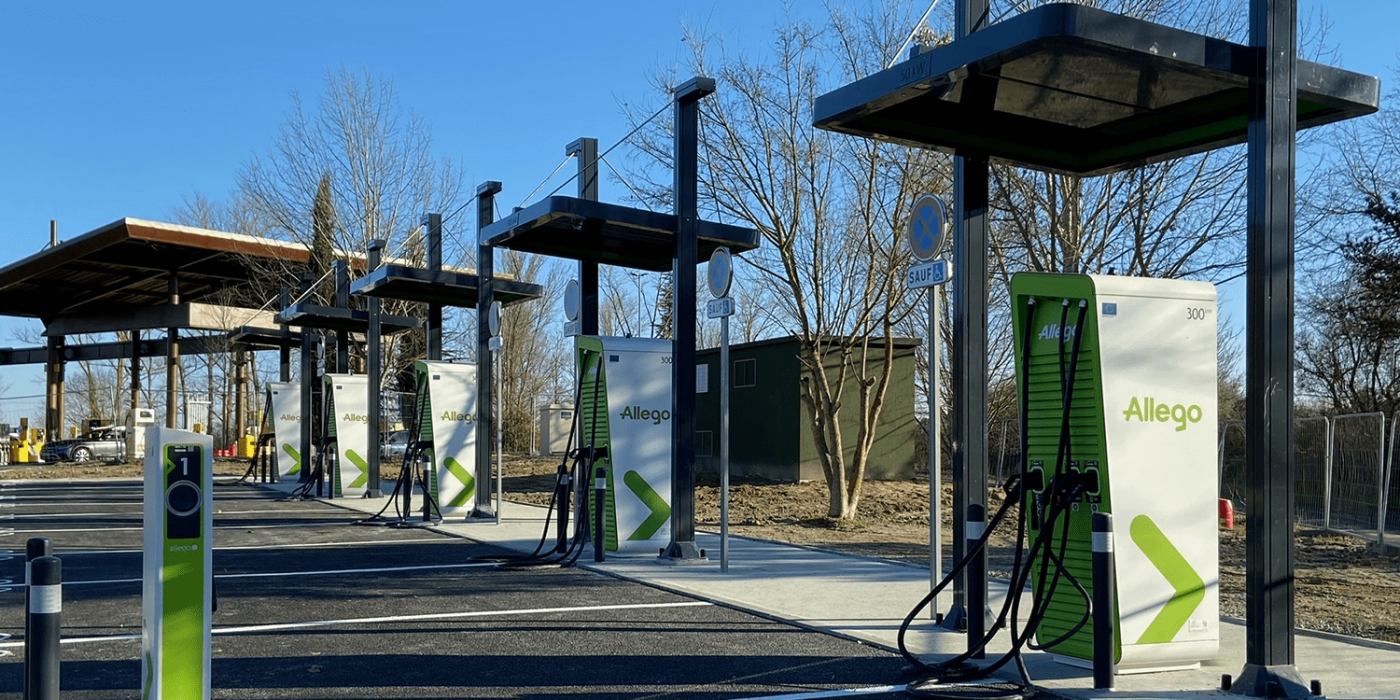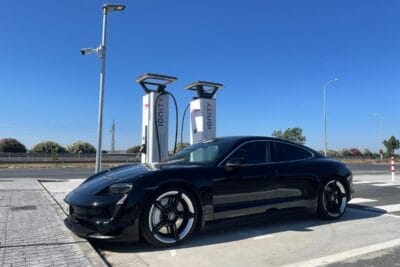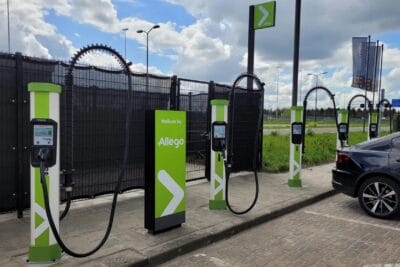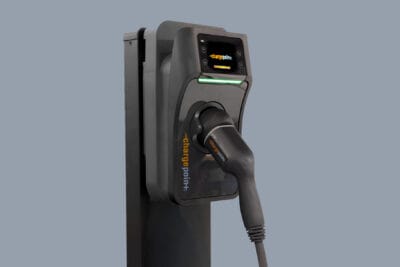France boosts EV infrastructure budget; incoming changes to bonus schemes
Since its launch in 2016, Advenir has mobilised €320 million and managed to deploy 110,000 charging points. While this may seem slow, the Ministry of Transport, in its update, claims a four-fold increase in the public charging rollout over the last four years. France is now the second best-equipped country in Europe, behind the Netherlands and ahead of Germany, so the press office.
“We’re shifting up a gear this autumn on electric cars: an extra 200 million euros to speed up the deployment of charging terminals, a stronger ecological bonus for those with the lowest incomes, the social leasing for the middle classes, and simplification of retrofitting,” Transport Minister Clément Beaune added when speaking to French news agency AFP.
Staying with infrastructure for the moment, the additional 200 million euros will go towards promoting charging infrastructure at apartment buildings, on-street public chargers, and charging stations for heavy-duty vehicles.
This is in line with the latest update of the Advenir scheme in 2019 when France included the charging at condominiums and supported the installation with up to 50% of the costs. The Ministry did not update whether they had reached the target of equipping 3,000 apartments with charging stations by 2022 but announced that the tax credit for installing a charger at home is to be increased from 300 to 500 euros.
New is the focus on heavy-duty and commercial vehicles. Details remained scarce in this regard.
As for the EV premium granted to low-income drivers, Beaune’s office said this would be raised from the current 7,000 euros but added,” the figure has not yet been decided”.
The general “bonus écologique” of €5,000 is reportedly under revision overall, and changes will come into effect next year. Macron, in September, announced that the new rules would take into account the carbon footprint during the production of vehicles and batteries, which will make it hard for Chinese importers to stay competitive.
For companies, there is a tax incentive in the pipeline to retrofit vehicles to electric; again, details have yet to be disclosed.
Taken together, these measures may help France reach a tenfold increase in the number of electric vehicles to 13 million, as estimated by Avere.
This will naturally make charging infrastructure an even more pressing matter. However, only 10 per cent of existing charging stations in France are fast-charging.
This may change slightly with another scheme currently in its second round. The French government has announced twelve winners to install fast charging stations in the ‘France 2030’ initiative. In the first two years, the government will support 19 projects with €106 million in subsidies and €330 million in total investments to build 4,400 fast-charging points, 3,800 of which will have a capacity of at least 150 kW.
The largest share of current funding goes to the NW Group, which plans to install 271 charging stations offering 1,084 charge points in France as part of the’ La Borne des Territoires’. The state supports the project with €13.6 mn. Nearly ten million euros will go to the ‘Hureu 2’ project by TotalEnergies. The French oil and gas corporation plans to build 23 charging hubs with 177 ultra-rapid charging points. For a complete list, see the press release below.
rfi.fr, ecologie.gouv.fr (PI in French), ecologie.gouv.fr (project list p. 12, in French)





0 Comments